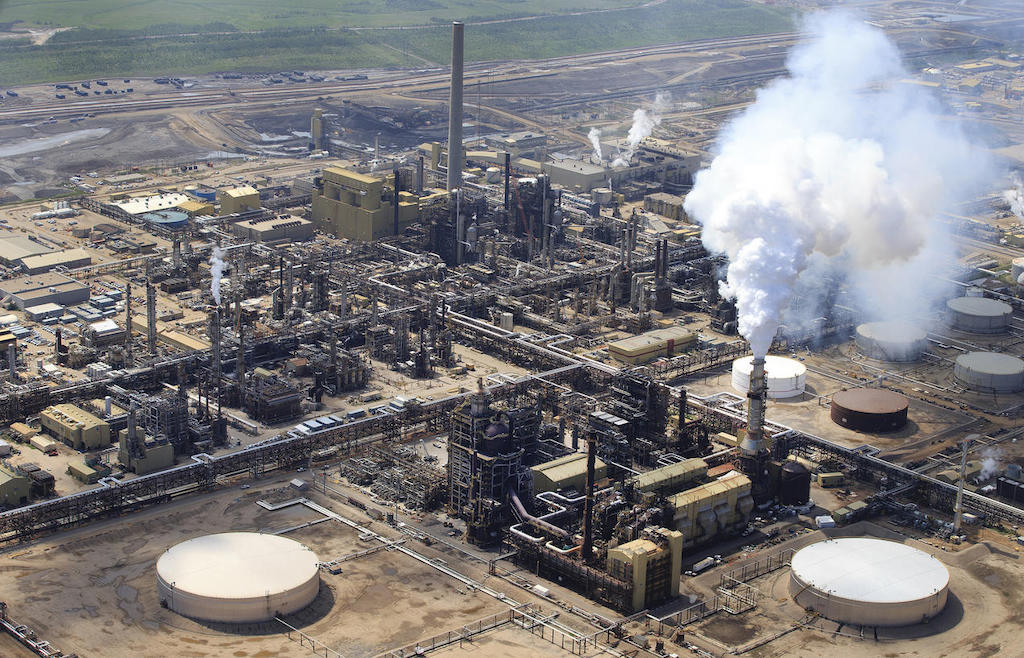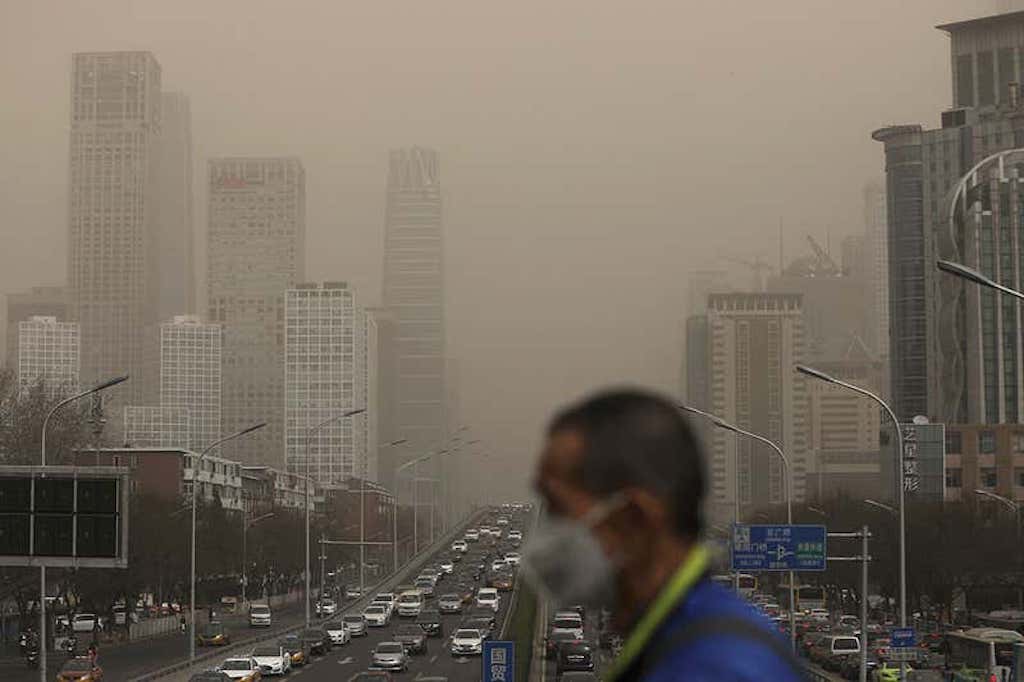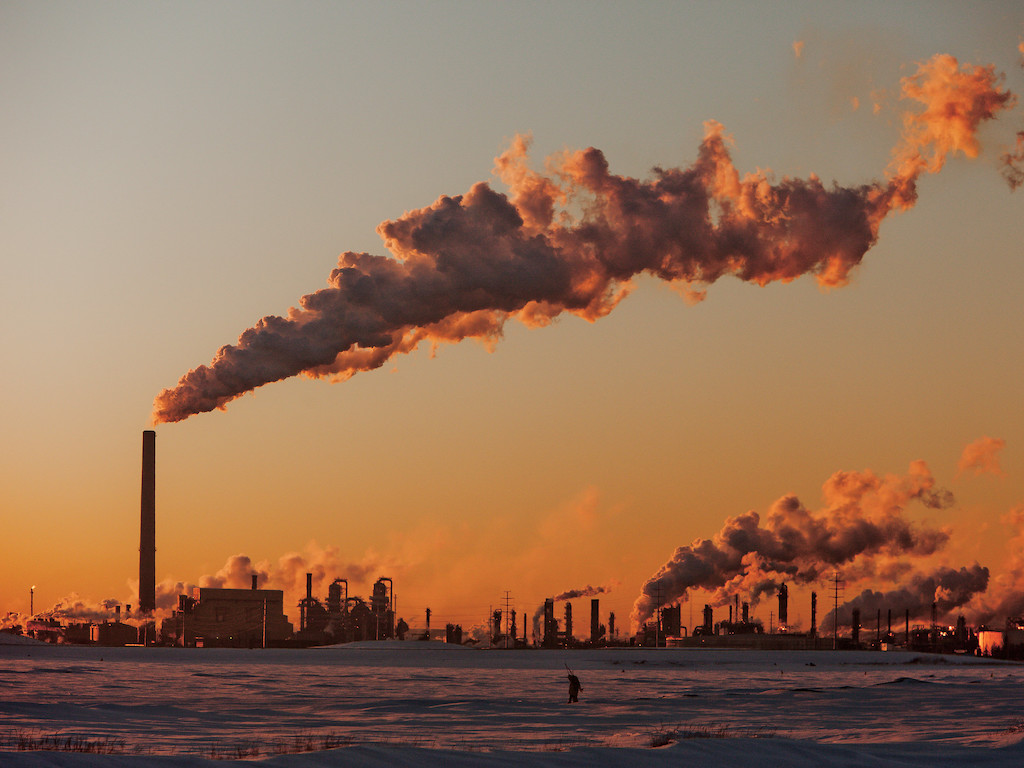4 Mins Read
Greenpeace has just released their new report on global air pollution, which finds that burning fossil fuels is responsible for an estimated 4.5 million deaths and economic losses of US$2.9 trillion annually – equivalent to US$8 billion every day. The report, led by Greenpeace Southeast Asia and the Centre for Research on Energy and Clean Air (CREA), is the first of its kind to analyse the global cost of air pollution from fossil fuels. Faced with the triple threat of the climate crisis, public health threat and economic downturn, the report’s findings is a clear call for world governments and businesses to take urgent action on ending the industry responsible for colossal damage to people and the planet.
A new report published by Greenpeace has revealed the huge economic, health and climate damage attributable to the fossil fuel industry. The report, the first ever in the world to quantify the cost of air pollution from burning coal, oil and gas, finds that it is responsible for an estimated 4.5 million deaths and economic losses of US$2.9 trillion or approximately 3.3% of the global GDP each year. This equates to around US$8 billion being lost every single day due to the direct impact of air pollution from fossil fuels.
“Air pollution is a threat to our health and our economies. But this is a problem we know how to solve, by transitioning to renewable energy sources, phasing out diesel and petrol cars, and building public transport. We need to take into account the real cost of fossil fuels, not just for our rapidly heating planet, but also for our health,” commented clean air campaigner Minwoo Son of Greenpeace.

Read: Study finds link between air pollution nanoparticles and brain cancer
Much of the economic impact of air pollution from fossil fuels will be concentrated in Asia, much like other environmental and climate crises that are set to affect the entire world but will hit the region the hardest. According to the report, China will be the country bearing the brunt of fossil fuel air pollution, costing the country an estimated US$900 billion per year. While the United States comes second and will be slammed with US$600 billion in annual economic losses, India trails closely behind and will pay US$150 billion each year due to fossil fuel air pollution.
Other findings outlined in the report are startling. According to the researchers, an estimated 40,000 children die before their 5th birthday due to exposure to PM2.5 pollution from fossil fuel burning, and around 16 billion children worldwide live with asthma due to exposure from nitrogen dioxide emissions, which comes from vehicles combusting fossil fuels.

Read: Why is 2020 the year of searching for cleaner & safer air?
The results come as other analyses have pointed out the costly consequences of continued inaction on global issues such as climate change. In a recent study published in Nature Communications, scientists in Germany found that any further delay to climate action policies is counterintuitive, and will bring about additional expensive costs. At this point in time, the world’s cheapest option, according to their calculations, is to pay what it takes to limit global temperature rise or risk massive costs in the long run.
Faced with the multitude of threats stemming from the fossil fuel industry, from air pollution that is threatening the physical health of millions, to the emissions driving global heating and billions in global economic losses, it is high time for the world to end our addiction to non-renewable energy sources. Analysts predict that the current supply of clean energy is ready to power the global demand, and youth climate strikers and scientists alike have sounded the alarm for an energy revolution.
Yet, their calls have been met with little loosening of the vested interests and continued financing of the dirtiest industry in the world. Shockingly, in blatant neglect of climate risks, Japan recently announced plans to build 22 new coal-fired power plants, which will generate as much pollution and carbon emissions as all the cars sold annually in the United States.
Lead image courtesy of Kris Krüg / Flickr.




